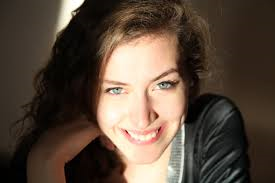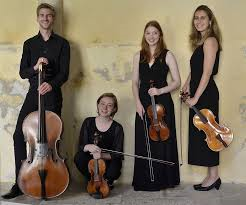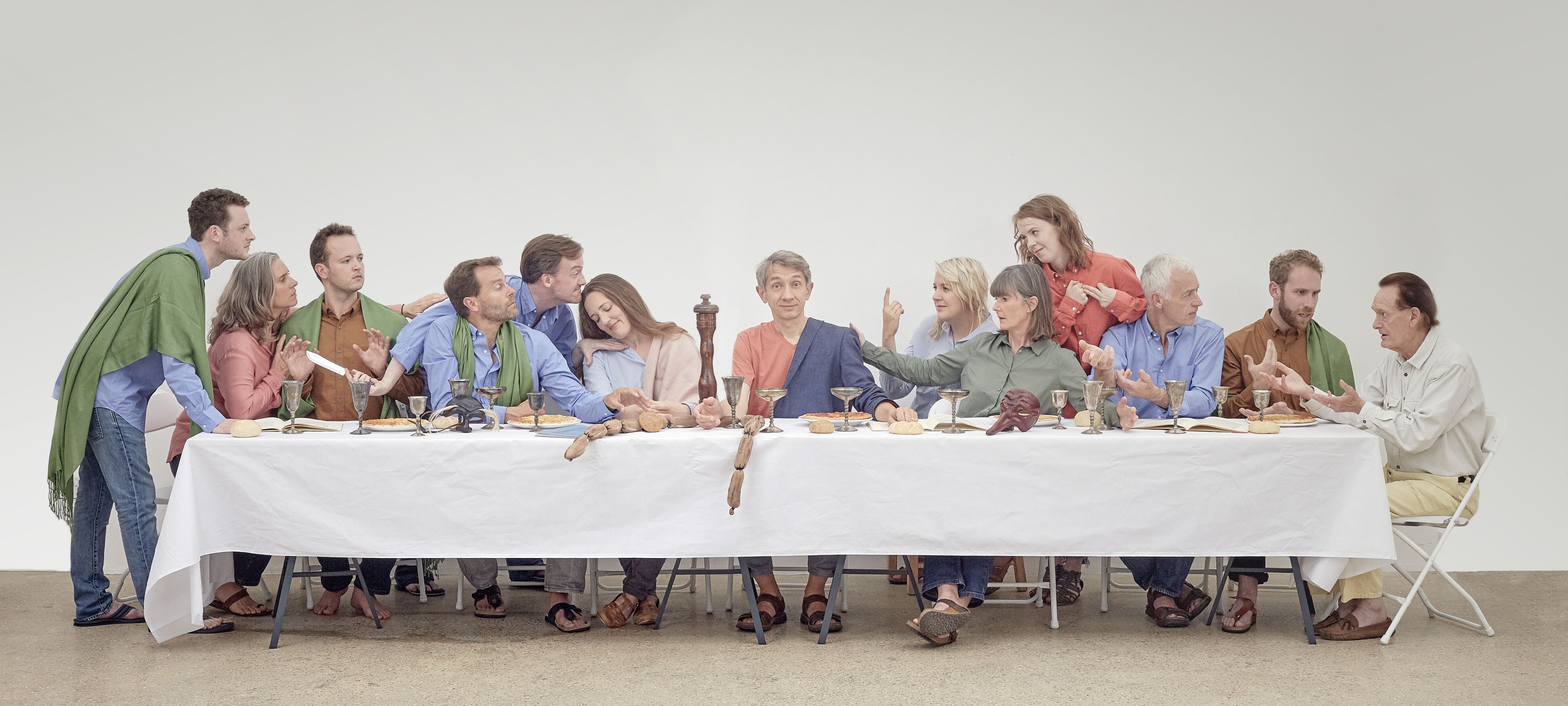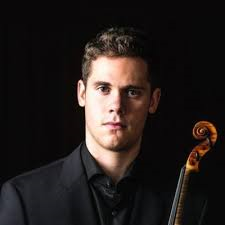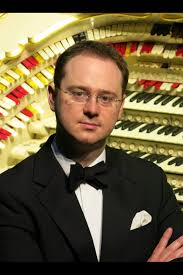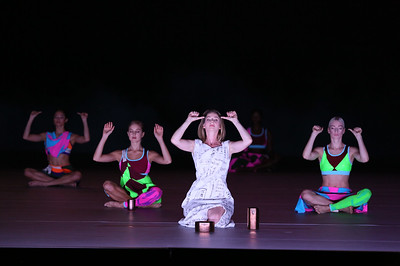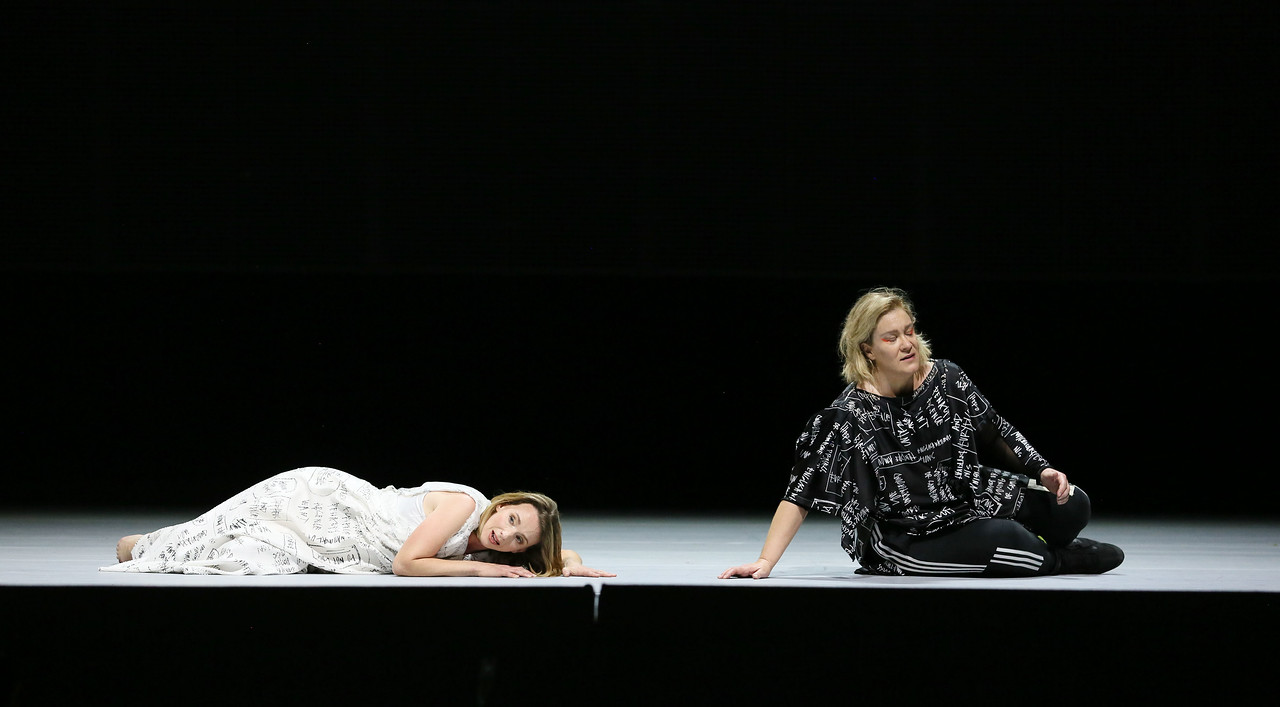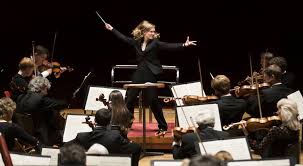Chapel Royal Brighton 17 September and Haywards Heath Music Society at St Wilfrid’s Church September.
We Sussex audiences don’t know our Spanish piano music, do we? German, Austrian, French – fine. But unless we hear a guitar playing, other Spanish music evades us. We know composers from other countries create pictures of Spanish scenes, even set operas there.
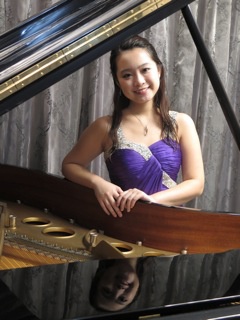
Even de Falla’s Nights in the Gardens of Spain remains unfamiliar to most of us because although it might be seen as one, it is not named as a piano concerto and so we British don’t have a track record of rushing out to hear it performed.
We can think of at least one of de Falla’s two ballets, likelier The Three Cornered Hat. But, famous guitar soloist Joaquin Rodrigo apart, how many other actual Spanish composers can we even name against the clock? One great pianistic Spaniard, not an Armada naval sailor but a civilian wartime passenger during 1916, drowned with his wife off the Sussex coast after a Nazi torpedo struck. That was Enrique Granados.
The two Sussex audiences last week were listening to his music without even knowing this grim fact. We need help from pianists such as Hong Kong-born Rhythmie Wong to drop in from her Cologne base to open our ears to hidden Spanish delights.
As one of the three prize-winners at Worthing in the 2018 Sussex International Piano Competition, she returned there in November to begin excitingly this process in her International Interview Concert with Book I of Albeniz’ vividly evocative Iberia. I notice as seasoned a British artiste as Imogen Cooper, four decades into her career, has just arrived at recording this piece. Last week, Wong brought Granados to Brighton and Haywards Heath.
We might quickly be tempted to view Spanish piano music as mainly tapas dishes – suites and single-movement pieces. No harm done early on, provided this is not discriminating.
Wong drew from Granados’ Goyescas set his narrative tone poem, The Maiden and the Nightingale, also the sinuously bracing and evocative Allegro de Concierto, and his delightful octet of Valses Poeticos – Melodic, Passionate, Slow, Humorous, Brilliant, Sentimental, Butterfly and Ideal. Much great Spanish piano music is dished up with such accessible non-abstract titles.
Wong appears from the dressing room a neat, graceful, small figure with a self-effacing gait and demeanour, but from the piano stool she disproportionately unleashes a frequently towering arsenal of virtuosic and poetic ammunition, delivered by a romantic heart – not by clinical weaponry.
Allegro de Concierto hit Brighton between the eyes but before all three Granados pieces at Haywards Heath she used a Trojan Horse: a Haydn’s final Piano Sonata, sharply and cheekily offered as a fascinatingly engaging and anything but throwaway starter.
At both recitals she brought Ravel to set our imaginative and cardiac pulses racing with the three-part Gaspard de la Nuit and – these current years her signature work – La Valse. And she performed both, would you believe, back to back with just a short pause for breath. This was not a circus act but a deliberate placing of four canvases close together on the same wall to test the aural effect and artistic impact.
The result was as spectacular as it was arresting. At Brighton her performance was breath-taking; at Haywards Heath it was masterly.
I was fortunate to be the only person at both concerts, and able to appreciate their different seasonings. On the modern Kawai piano at the small lively-walled Brighton chapel, bright and brassy, Wong was able to give the audience less dynamic range, contrast and nuance than the veteran Broadwood enabled her at Haywards Heath, in its larger, less regular space.
The Brighton lunchtime audience reacted to the concluding, climactic La Valse in shocked delight. The knowledgeable elderly Haywards Heath Club, served well by the warmer instrument and acoustic, were deeply thrilled and exploded with noisy acclaim. Their reward was, as a special intimate encore, an arrangement of the traditional Chinese song, Colourful Clouds Chasing the Moon.
The Basque-born and raised Ravel’s creative spirit was far closer to Spain than his Parisian residence. Wong, with insightful logic, successfully teams him with these Spanish brothers in a richly rewarding combination.
Richard Amey

